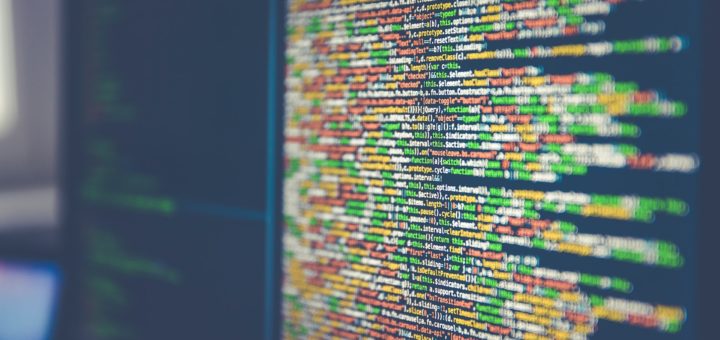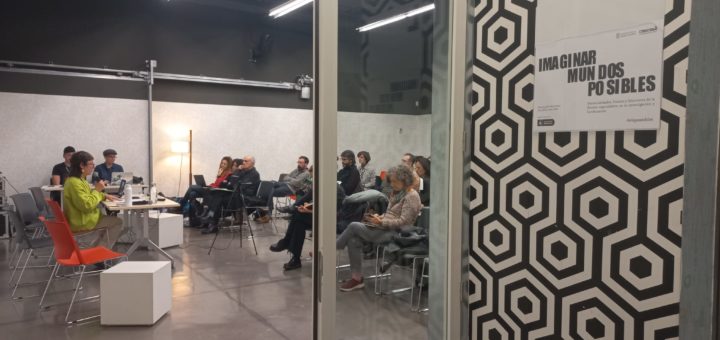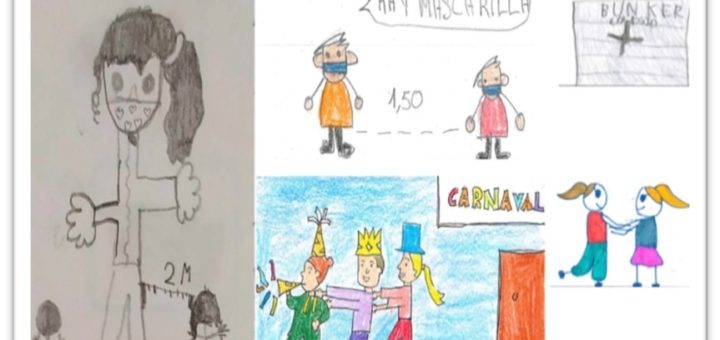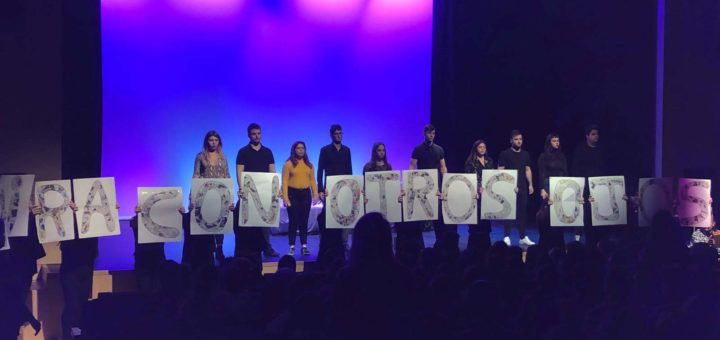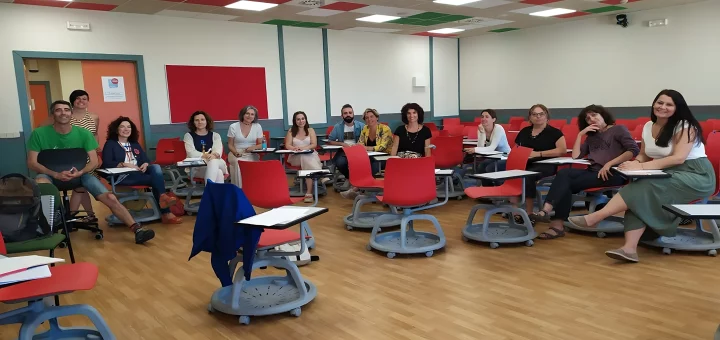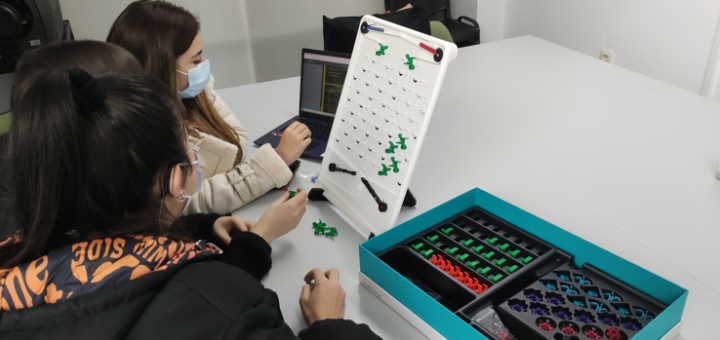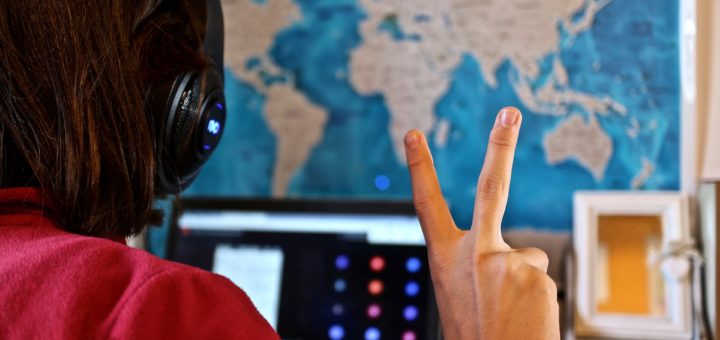Data management in favor of teaching quality: learning analytics
As users of technology and as teachers in the area of educational technology, we use a multitude of platforms to support our daily work. Some of them are provided by the university where we work and others are external tools to which, with a greater or lesser awareness, we offer data with which in many cases we do not know what to do with them (Camino, 2022). When we work with our students, both in face-to-face and virtual classrooms, we are constantly exposed, all of us, to leaving a trace of our activity, but what can all this data offer us? How can we use it to improve our Teaching work?
